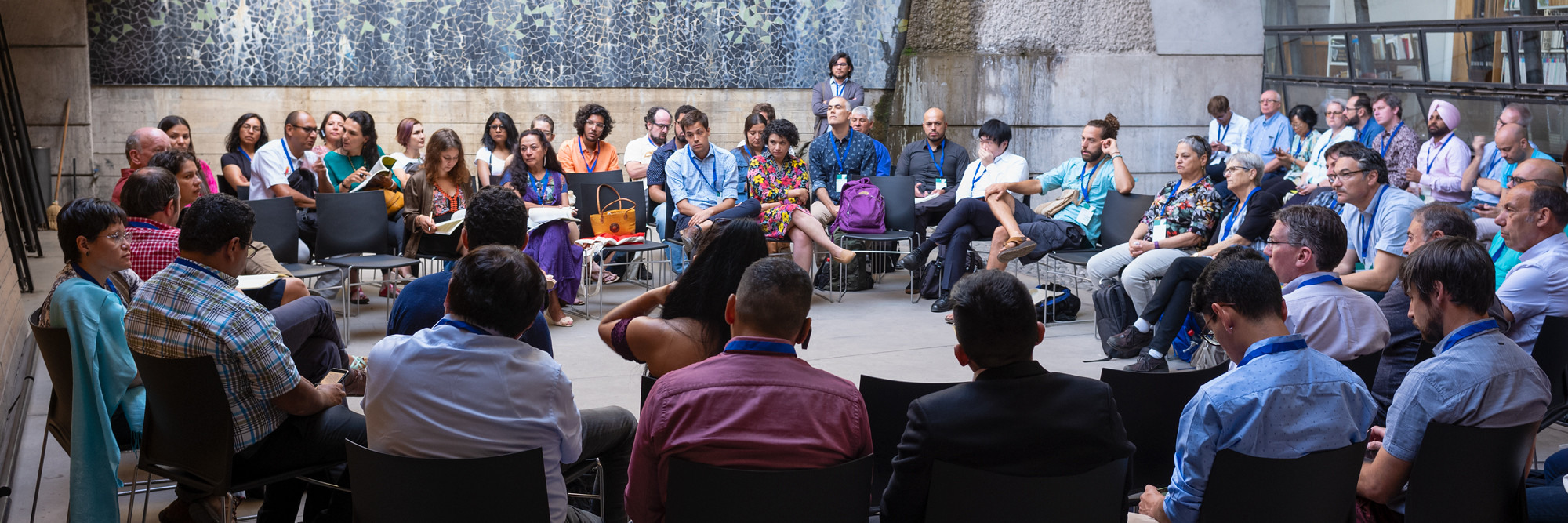Environment
Nature is a dynamic thing in and of itself, and sometimes convulsively so. Humans are its beneficiaries and, at times, its victims. They are also increasingly agents, interacting in and with natural processes. Over several millennia, the human species has become one of the forces of nature, a critical part of its destiny, and ever more so today and tomorrow. Perhaps even, the human species may be a catalyst in another convulsion in the course of natural history. As nature more and more becomes an object of human artifice, its prospects move to the forefront of human consciousness. "What have we done with nature?" we may well ask ourselves. What have been the forms and effects of our interventions? What are the implications of our species-role as a force of nature, and what are the responsibilities that accompany this role? How can we create a viable home for ourselves alongside the other lifeforms of the planet?
Culture
Culture is the representation of our human natures, our subjectivities, our shared meanings, and our memories. Culture is the glue of similarity ("identity," literally) that grounds our sociability. It is also a matter of difference or cultures in the plural, the multilayered combinations of which form persons in the plural: ways of seeing, ways of thinking, ways of meaning, ways of relating to each other, ways of connecting with nature. The challenge of culture is as much to forge a productive diversity for the human species (ethnos, gender, eco-systemics) as it is to nurture the sources of cohesion and commonality.
Economy
Here we consider the dynamics of our material life, where in our social relations and using our tools we mix our energies with the natural world to meet our human needs. The challenge is to create economic systems that are environmentally viable, not destroying or damaging our life sources as natural beings. Such systems also need to be culturally viable, not harming our identities and ultimately what is humane in our natures. And they need to be socially viable, not creating destructive tensions and unsustainable injustices around axes of inequality of access to material and social resources.
Society
To these perspectives we need to add our systems of regulation, governance, and resource distribution. What allows for all our participation as autonomous yet social beings? What makes for good citizenship? How do we create, manage, and propagate knowledge? How do we ensure justice? How do we integrate the four fundamentals of environment, culture, economy, and society so we can address our human futures and live to the full our human potentials?
